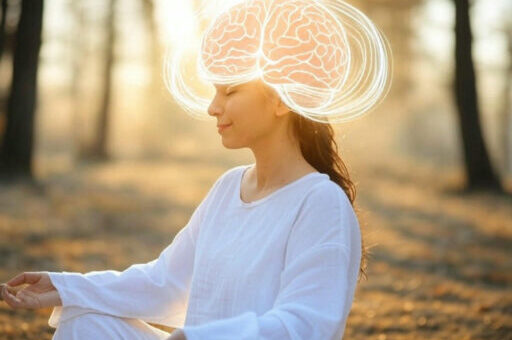Mindfulness: A Guide to Living in the Present
Mindfulness: A Guide to Living in the Present
Blog Article

With daily pressures, practicing mindfulness has become necessary.
Understanding Mindfulness
At its core, mindfulness is about noticing what’s happening in the present moment without trying to change it.
The concept of mindfulness has roots in ancient meditative traditions but has been embraced in modern psychology and wellness practices.
Why Practice Mindfulness?
Practicing mindfulness can lead to various benefits, including:
- **Lower Stress Levels**
Mindfulness trains you to focus on the now, reducing stress and tension.
- **Enhanced Concentration**
Regular mindfulness practice improves concentration, making it easier to complete tasks efficiently.
- **Increased Emotional Intelligence**
Mindfulness teaches you to respond rather than react.
- **Better Sleep Quality**
By practicing mindfulness before bed, you promote restfulness.
- **Understanding Your Thoughts and Feelings**
This helps you in making positive changes in life.
Easy Ways to Incorporate Mindfulness into Your Life
Mindfulness can be developed in many ways. Here are several simple techniques:
1. **Deep Breathing Exercises**
This creates relaxation in the body.
2. **Tuning into Physical Sensations**
This practice promotes relaxation.
3. **Mindful Eating**
Eat slowly, navigate here appreciating the taste, texture, and smell of your food.
4. **Letting Thoughts Pass**
This reduces overthinking.
5. **Spending Time in Nature**
Take a walk outside and observe the sounds, colors, and sensations around you.
Common Misconceptions About Mindfulness
Despite its scientific support, mindfulness is often viewed incorrectly. Here are some mistaken beliefs:
- **Mindfulness Means Emptying Your Mind**
Mindfulness is not about having no thoughts, but rather about letting them flow naturally.
- **It’s Only for Meditation**
Mindfulness can be integrated into daily life, even in short, simple ways.
- **It’s a Religious Practice**
While mindfulness has spiritual origins, it is beneficial for everyone regardless of belief system.
The Takeaway
Start with small steps and see the impact it makes in your overall well-being.
Why not give it a try? Every moment is an opportunity to be present! Report this page